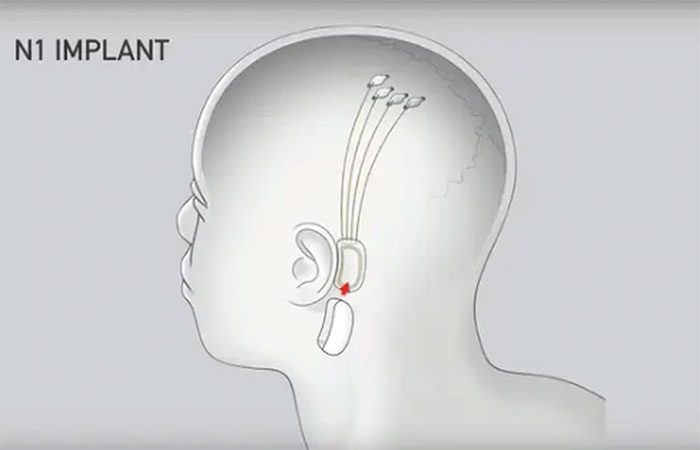Elon Musk’s startup has received permission to test brain chip implants in humans. Currently, there are thousands of candidates eager to participate.
Neuralink, co-founded by Musk in 2016, plans to implant electronic devices in 11 individuals by 2024 and continue this testing until 2030. By then, it is expected that more than 22,000 people will have brain chips implanted.
In March 2023, the U.S. Food and Drug Administration (FDA) denied Neuralink’s request to implant electronic devices due to concerns that the wires connecting to the chip could overheat or move unpredictably within the head. However, the agency has recently granted permission to Neuralink.
Starting in September 2023, Neuralink began searching for candidates who are quadriplegic due to spinal cord injuries. The company hopes to develop a symbiotic device between humans and machines, with the initial application being to assist individuals with neurological control issues. Ultimately, the goal is to enable people to send messages or play games just by thinking, without the need for manual interaction.

The chip will be placed behind the ear and connected with wires to electrodes touching the brain. (Photo: Neuralink/YouTube).
Volunteers participating in the trial will undergo a surgery lasting about 2 hours to remove a piece of skull, followed by 25 minutes for a robot to insert the device into the skull opening. This ultra-thin device contains approximately 64 wires, each with a diameter of 1/14 that of a human hair.
In the competition with other startups focused on artificial intelligence like Synchron and Onward, which have begun human trials, Neuralink aims to accelerate its research to keep pace with AI, as the company believes that in the future, AI will no longer be friendly to humans.
Before human trials, Neuralink conducted 155 similar surgeries on various laboratory animals, including pigs and monkeys. These surgeries were performed not only by humans but also involved robotics. Neuralink’s direction is to gradually reduce human involvement, with plans for future surgeries to be entirely performed by robots.


















































